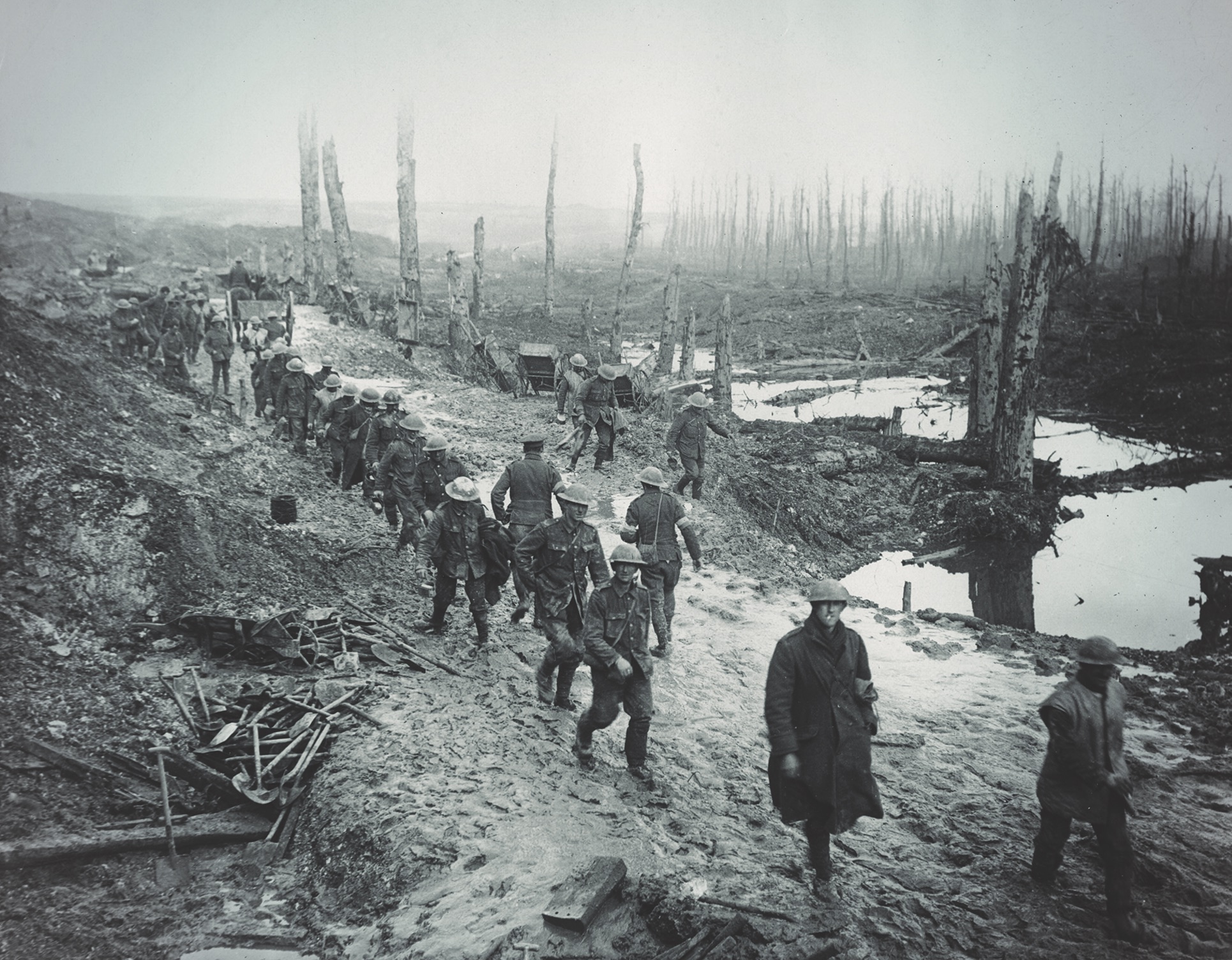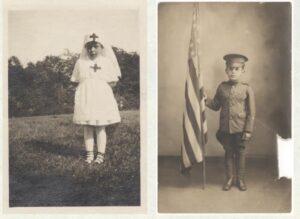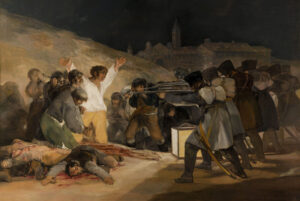Leslie Coulson was born in London in 1889. His father was a columnist for the Sunday Chronicle, and Coulson, after graduating from boarding school, followed in his father’s footsteps, becoming a reporter for the London Evening News. In 1914 he moved to the Evening Standard, but with the outbreak of World War I that summer, he enlisted in the Royal Fusiliers.
In October 1915, after training in Malta, Coulson’s battalion was sent to Gallipoli, where it saw action for 12 weeks before being evacuated to Egypt. In April 2016 it was sent to France and disbanded; Coulson, a sergeant, ended up in the 1st Battalion, 12th Regiment (the Rangers). On October 7, 1916, after more than three months of almost continuous service in the trenches, Coulson was shot in the chest at the Battle of Le Transloy—the last big attack by the Fourth Army of the British Expeditionary Force in the Battle of the Somme—and died the following day. He was buried at the Grove Town Cemetery in Méaulte, France.
Coulson’s collected poems, edited by his father, were published posthumously in 1917 and sold 10,000 copies in the first year. He wrote the poem that follows on August 8, 1916, while in the trenches at the Somme.
The Rainbow
I watch the white dawn gleam,
To the thunder of hidden guns.
I hear the hot shells scream
Through skies as sweet as a dream
Where the silver dawnbreak runs.
And stabbing of light
Scorches the virginal white.
But I feel in my being the old, high, sanctified thrill,
And I thank the gods that the dawn is beautiful still.
From death that hurtles by
I crouch in the trench day-long,
But up in the cloudless sky
From the ground where our dead men lie
A brown lark soars in song.
Through the tortured air
Rent by the shrapnel’s flare,
Over the troubleless dead he carols his fill,
And I thank the gods that the birds are beautiful still.
Where the parapet is low
And level with the eye
Poppies and cornflowers glow
And the corn sways to and fro
In a pattern against the sky.
The gold stalks hide
Bodies of men who died
Charging at dawn through the dew to be killed or to kill,
I thank the gods that the flowers are beautiful still.
When night falls dark we creep
In silence to our dead.
We dig a few feet deep
And leave them there to sleep—
But blood at night is red.
Yea, even at night,
And a dead man’s face is white.
And I dry my hands, that are also trained to kill,
And I look at the stars—for the stars are beautiful still.
[hr]
This article appears in the Summer 2020 issue (Vol. 32, No. 4) of MHQ—The Quarterly Journal of Military History with the headline: Poetry | ‘Beautiful Still’

Want to have the lavishly illustrated, premium-quality print edition of MHQ delivered directly to you four times a year? Subscribe now at special savings!





